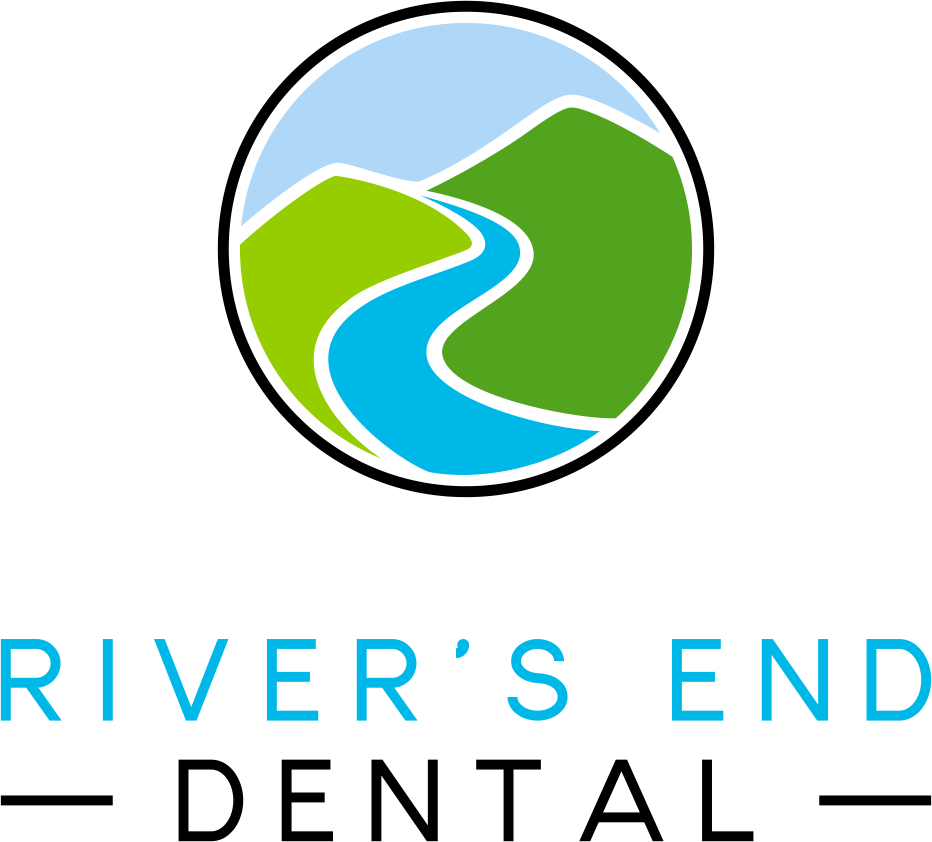Obstructive Sleep Apnea (OSA)
At River’s End Dental, we are always concerned about your health. Sleep quality plays a big role in your ability to lead a healthy life. Many patients unknowingly suffer from sleep disruptive disorders.
Obstructive sleep apnea, or OSA, is a disorder that disrupts the flow of oxygen while you sleep due to a blockage in your airway. This blockage is usually the result of the throat muscles, tongue, tonsils, or soft palate falling into the back of the throat. This causes your blood oxygen level to dramatically decrease during these brief interruptions in airflow.
Health Risks
Needless to say, this disorder can be very dangerous. If you have a sleep disorder, your risk of heart attack is 23 times higher than the average person. 92% of stroke victims live unknowingly with OSA before their stroke.
More than twelve million Americans face many health risks due to OSA. Most cases remain undiagnosed. Undiagnosed OSA can contribute to conditions such as diabetes, high blood pressure, hypertension, congestive heart failure, coronary artery disease, and even car crashes related to driving while sleep-deprived.
Diagnosis
OSA can be diagnosed using a polysomnogram or during an overnight sleep study.
To conduct a sleep study, the patient checks in to a specialized sleep lab. In some cases, a home sleep study may be available if preferred. A physician monitors activity in the brain and body throughout the night. Once the specialist collects the data, they will assess it to reach a clear diagnosis.
This specialist may work alongside a dentist trained in sleep medicine. They can decide on an appropriate oral appliance for treating OSA.
Treatment
If you suspect you may have a sleep disorder, it’s worth exploring the options for maintaining optimal health. We can explain common symptoms and suggest treatment options for any sleep problem you may be experiencing.
Dentistry plays a vital role in treating OSA and other sleep conditions. The American Academy of Sleep Medicine suggests oral appliances as the best treatment method for mild to moderate OSA. These are also recommended for patients with severe cases who are unable to use a CPAP machine.
Snoring and OSA treatment may involve surgery, CPAP or BiPAP machines, or oral appliance therapy. If you choose appliance therapy, we must ensure the appliance is carefully designed to create the ideal position for airflow. A well-designed oral appliance can hold the jaw in position throughout the night, providing a comfortable way to eliminate disruptions in breathing.
You should always decide which course to take by talking with your sleep physician. Once you decide on the best approach, we will work to help you maintain consistent use. We are happy to offer the support you need for getting a great, safe night of sleep.
